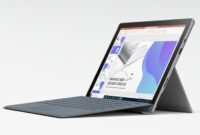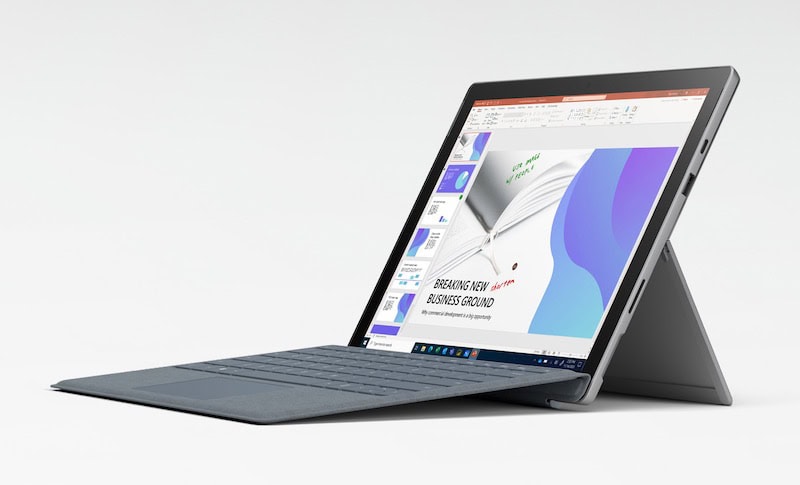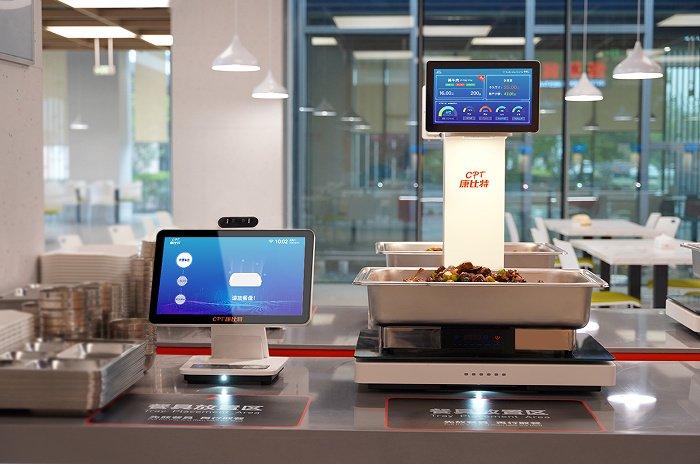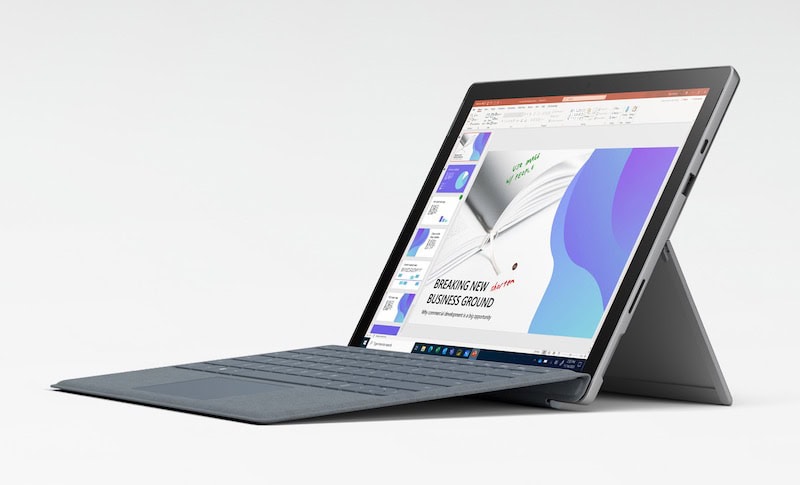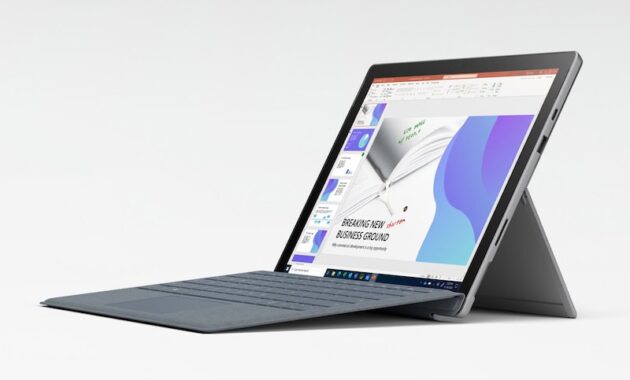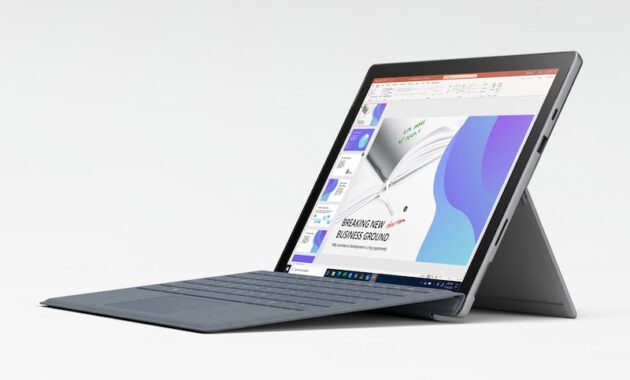Best AI Apps for Bloggers and Writers offers a glimpse into the transformative tools that are reshaping the writing landscape. In an era where technology increasingly intersects with creativity, these applications stand out by providing invaluable support to bloggers and writers. They not only enhance productivity but also spark inspiration and streamline the writing process, making them essential companions for anyone looking to elevate their content creation.
This exploration will delve into the diverse functionalities of these AI applications, showcasing how they assist in brainstorming, drafting, and refining written work. By integrating advanced algorithms and machine learning capabilities, these tools cater to various writing styles and requirements, effectively bridging the gap between human creativity and technological efficiency.
In recent years, the interlinking of technology and healthcare, often referred to as HealthTech, has transformed the landscape of medical services and patient care. The rapid advancement of digital technologies has led to innovative solutions aimed at enhancing healthcare delivery, improving patient outcomes, and reducing costs. This article explores the significant trends in HealthTech, the implications of these innovations, and the challenges that lie ahead.### The Rise of TelemedicineTelemedicine has emerged as a critical component of modern healthcare, especially highlighted during the COVID-19 pandemic.
It allows patients to consult healthcare professionals remotely, using video conferencing, chat services, and mobile applications. According to a report by McKinsey, telehealth usage has stabilized at levels 38 times higher than before the pandemic. This uptick in telehealth services not only improves access to care but also significantly reduces overhead costs associated with in-person visits.#### Benefits of TelemedicineTelemedicine offers numerous benefits, including:
Increased Accessibility
Patients in remote areas can access healthcare services without the need for travel, ensuring that they receive the care they need.
Cost Efficiency
Reduced need for physical office space and associated costs can result in lower fees for patients.
Improved Patient Engagement
Telemedicine platforms often include features that encourage patients to take an active role in their healthcare, such as reminders for medication and easy access to personal health records.### Wearable Health TechnologyWearable devices, such as fitness trackers and smartwatches, have gained immense popularity over the past decade. These gadgets can monitor various health metrics, including heart rate, physical activity, sleep patterns, and even blood oxygen levels.
A report by Grand View Research indicates that the global wearable medical device market is expected to reach over $27 billion by 2026.#### Impact on Preventive CareWearable health technology plays a pivotal role in preventive care. By continuously monitoring health data, these devices can alert users to potential health issues before they become serious. For instance, many smartwatches feature heart monitoring capabilities that can detect irregularities in heart rhythm, prompting users to seek medical attention.### Artificial Intelligence in HealthcareArtificial Intelligence (AI) is revolutionizing healthcare by enhancing diagnostic accuracy, personalizing patient care, and streamlining administrative processes.

Machine learning algorithms can analyze vast amounts of data to identify patterns and predict outcomes, making it an invaluable tool for healthcare providers.#### Applications of AIAI applications in healthcare are diverse, including:
Diagnostic Assistance
AI-powered tools can analyze medical images with high precision, often outperforming human specialists in tasks such as identifying tumors in radiology scans.
Predictive Analytics
AI can analyze patient data to predict disease outbreaks, hospital admissions, and patient deterioration, enabling proactive interventions.
Administrative Automation
AI can streamline administrative tasks such as billing and scheduling, allowing healthcare professionals to focus on patient care rather than paperwork.### Electronic Health Records (EHR)The digitization of health records has transformed how patient information is stored and accessed. Electronic Health Records (EHR) allow healthcare providers to easily share patient information across different platforms, enhancing continuity of care.#### Advantages of EHR
Improved Coordination
EHRs facilitate better communication among healthcare providers, ensuring that patient care is coordinated across different specialties.
Data Accessibility
Patients can access their health records online, empowering them to take charge of their health and make informed decisions regarding their care.
Enhanced Data Security
EHR systems often incorporate advanced security features to protect sensitive patient information from unauthorized access.### The Role of Blockchain in HealthcareBlockchain technology, known primarily for its association with cryptocurrencies, is increasingly being recognized for its potential to transform healthcare. The decentralized nature of blockchain makes it an ideal solution for enhancing data security, transparency, and interoperability among healthcare systems.#### Potential Applications of Blockchain
Data Security
Blockchain can secure patient data against breaches by ensuring that information is stored across multiple decentralized nodes.
Supply Chain Transparency
Blockchain can improve the traceability of pharmaceuticals, reducing the prevalence of counterfeit drugs in the market.
Smart Contracts
These self-executing contracts with the terms of the agreement directly written into code can automate processes such as insurance claims processing.### Challenges in HealthTechDespite the numerous advancements in health technology, several challenges must be addressed to fully realize its potential. Key challenges include:#### Data Privacy ConcernsWith the increasing use of digital health data comes enhanced risks related to patient privacy.
Ensuring that patient data is protected from breaches and unauthorized access is paramount. Regulatory frameworks such as HIPAA in the United States provide guidelines for data protection, but ongoing vigilance is necessary.#### Integration IssuesMany healthcare organizations still use legacy systems that are not compatible with modern technologies. This lack of interoperability can hinder the seamless exchange of information and impede the overall effectiveness of HealthTech solutions.#### Ethical ConsiderationsThe use of AI and data analytics in healthcare raises ethical questions regarding bias, informed consent, and the potential for misuse of data.
It is crucial for healthcare organizations to establish ethical guidelines to govern the use of technology in patient care.### Future Directions in HealthTechLooking ahead, the future of HealthTech appears promising. Several trends are poised to shape the next wave of innovations:#### Personalized MedicineAdvancements in genomics and biotechnology are paving the way for personalized medicine, which tailors treatments to individual patients based on their genetic makeup.
This approach holds the potential to improve treatment efficacy and minimize adverse effects.#### Virtual Reality (VR) and Augmented Reality (AR)VR and AR technologies are finding applications in medical training, patient education, and therapy. For instance, VR simulations can provide medical students with realistic training experiences, while AR can assist surgeons during complex procedures by overlaying vital information onto their field of view.#### Expansion of Health Data AnalyticsThe growing volume of health data presents opportunities for analytics to drive improved patient outcomes.
Health systems can leverage big data to identify trends, optimize workflows, and facilitate evidence-based decision-making.### ConclusionThe confluence of technology and healthcare in the form of HealthTech presents a transformative opportunity to enhance patient care, improve health outcomes, and reduce costs. As telemedicine, wearable technology, AI, EHRs, and blockchain continue to evolve, they will undoubtedly play an increasingly vital role in the healthcare ecosystem.
However, addressing challenges related to data privacy, integration, and ethical considerations will be essential to ensure that these innovations benefit all stakeholders in the healthcare system. As we move forward, ongoing research and collaboration among healthcare professionals, technologists, and policymakers will be crucial for realizing the full potential of HealthTech.

